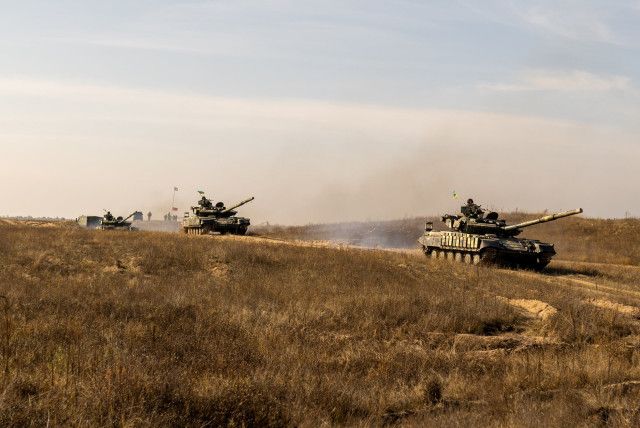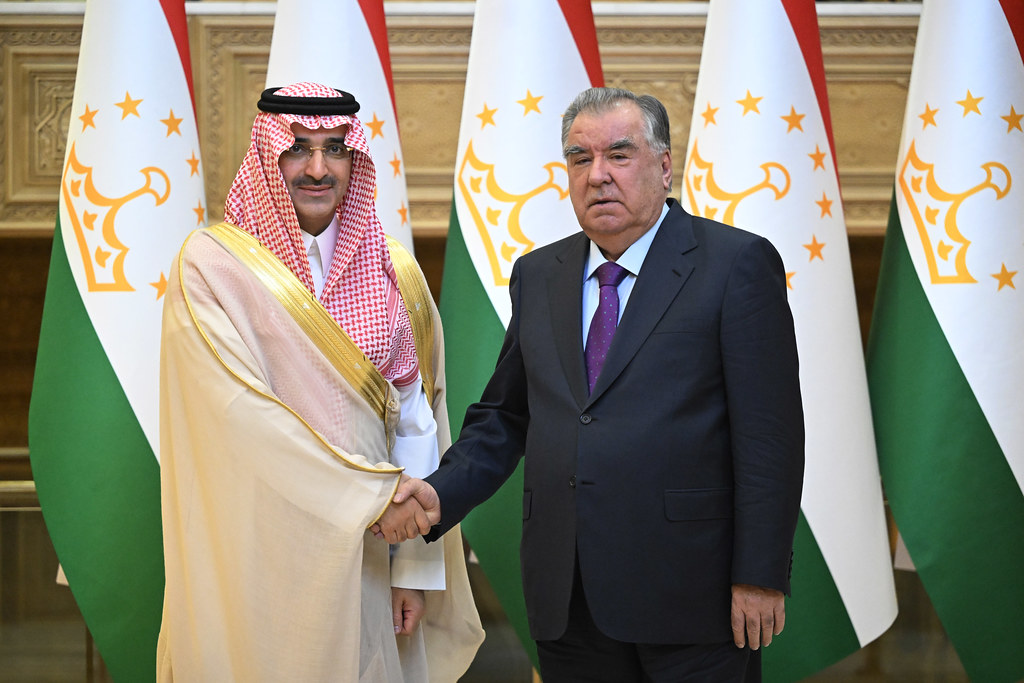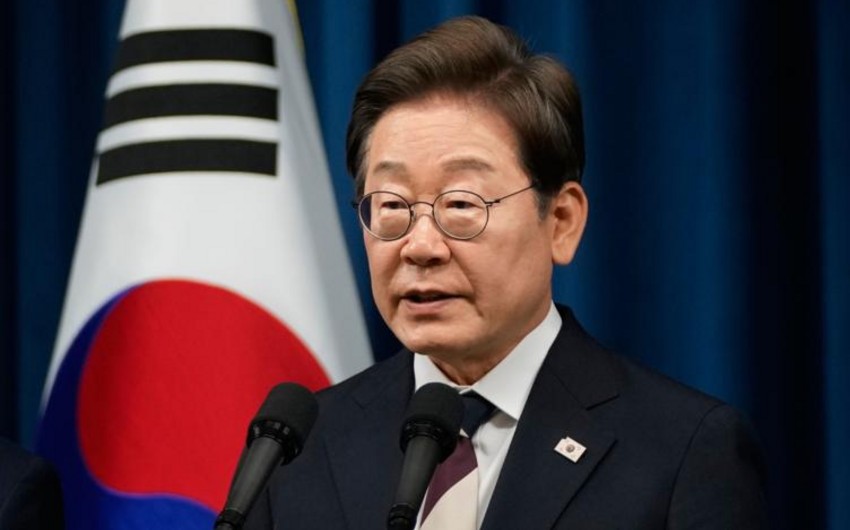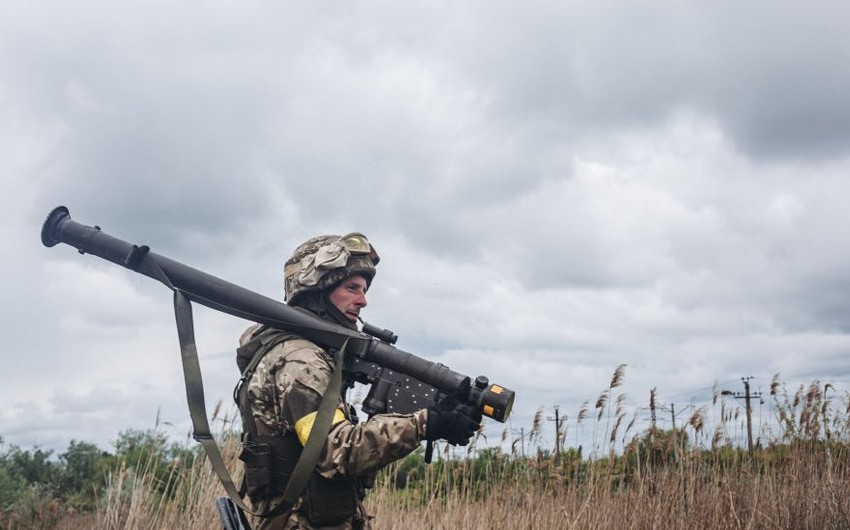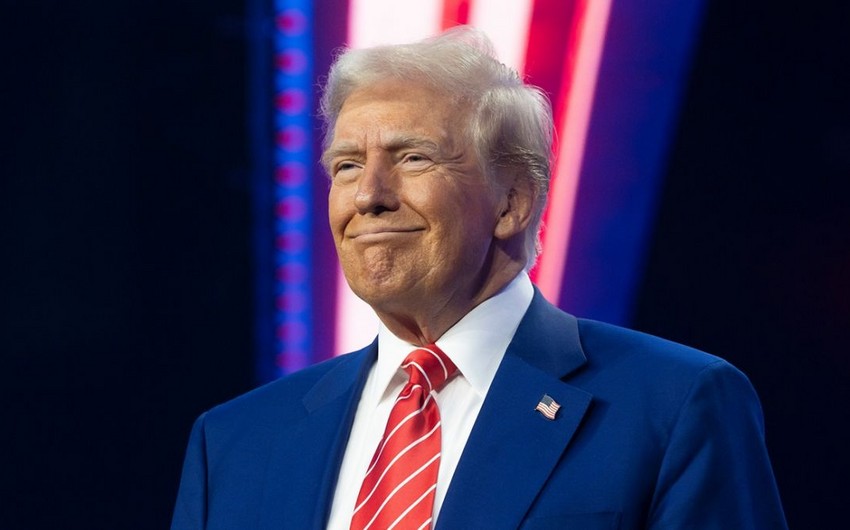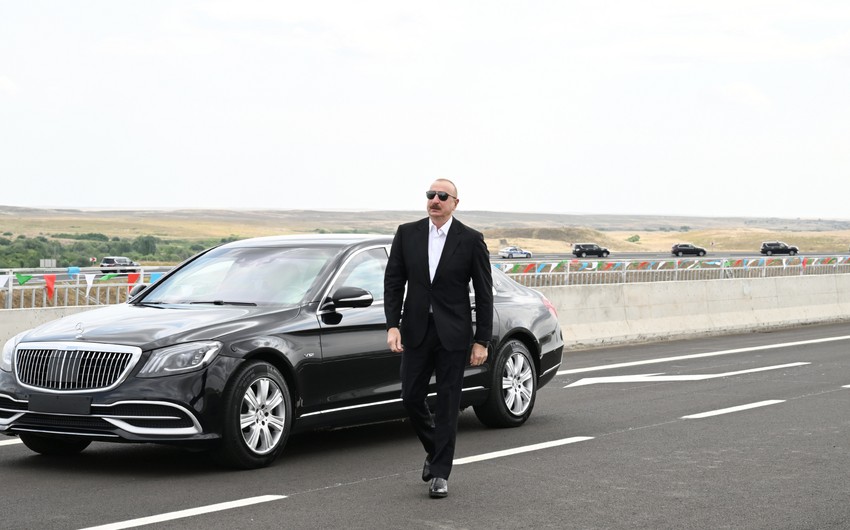The risk of armed conflict between Russia and Ukraine is growing.
It should be noted that Russia has amassed more than 100,000 troops and ammunition on the border with Ukraine, while Ukraine has amassed about 200,000 troops on the front lines.
According to a number of sources, the Ukrainian army is seriously preparing for a strong counter-attack against Russian-backed separatist forces in Eastern Ukraine.
The Kremlin has warned that Russia could take serious and tough measures to prevent the Ukrainian army’s military intervention in Donbas.
Leaders of the United States, Britain, and European Union and its member states have solemn concerns over the possible intervention of the Russian army into eastern territories of Ukraine. That is why the United States and Britain are sending a number of advanced weapons to Ukraine, and the NATO contingent is conducting large-scale drills with the Ukrainian troops. At the same time, the Russian side is also holding drills at the border of Ukraine.
According to the analysis of some experts, Russian and Ukrainian armed forces might be involved in armed confrontation in the near future, which will have a devastating effect on the whole region.
Further to clarifying this issue, Eurasia Diary conducted an interview with Marc Finaud, head of ‘Arms Proliferation’ and ‘Diplomatic Tradecraft’Geneva Centre for Security Policy.
- Do you predict the risk of the large-scale war between the Ukrainian Armed Forces and the Russian-backed separatist forces in the Donbas region?
- There is already an armed conflict between Ukraine’s regular forces and the Donbas separatists backed by Russia ongoing for several years. There is always a risk of escalation, especially if Russian forces that are massing near the border cross into Ukraine whatever the pretext. That being said, it is not clear at this stage what Russia would gain from such a military intervention that can only backfire and be counter-productive. It appears mainly as a form of pressure on Ukraine and the West to accept Russia’s “security guarantees”.
- If war happens in Donbas, will Russian Armed Forces intervene in Ukraine to protect Russian-speaking separatists in the region?
- It is difficult to say at this stage whether it is merely gesticulation to scare Ukrainians or actual preparation for invasion. The fact is that there is no military solution to this conflict and that a military intervention by Russia will not help Moscow and its allies reach their political objectives, i.e. territorial autonomy as provided for in the Minsk Accords and neutrality of Ukraine.
- Please tell us, why the recent dialogue between the representatives of Russia and NATO has become unproductive and unreasonable to solve serious problems in Eastern Europe?
- It is a good sign that this dialogue is being conducted instead of actual military confrontation. The complexity of the problems involved, which affect the whole security of Europe, cannot allow a quick solution. Russia seeks to regain its status as a superpower with a right to be part of any decision on European security. It is therefore important that Russian threat perceptions from NATO are addressed while the Europeans’ threat perceptions from Russia are also addressed. This is why the three frameworks (bilateral US-Russia, NATO-Russia, and OSCE) are equally important.
- Do you think that the rise of tension between Ukraine and Russia will pose serious threats to the security and stability in Eastern Europe?
-The problem comes from the fact that the so-called frozen conflicts resulting from the collapse of the Soviet Union and mutual threat perceptions have been ignored for decades, making it more difficult to solve now. Russia, as an opportunistic power, thought it could take advantage of an apparently weaker United States, withdrawing from the Middle East and Afghanistan, and divisions among Europeans to achieve its long-standing goals. But its behavior does not only challenge the whole post-World War II and post-Cold War international system (UN Charter, CSCE/OSCE, Budapest Memorandum, etc.), it may also lead to escalation and confrontation, including the risk of nuclear war. Hence the importance of de-escalation, dialogue, confidence-building measures, and political resolution of on-going conflicts, this is not rewarding military pressure or blackmail; this is searching for win-win solutions that will include Russian concessions.
Interviewed by Yunis Abduallayev

